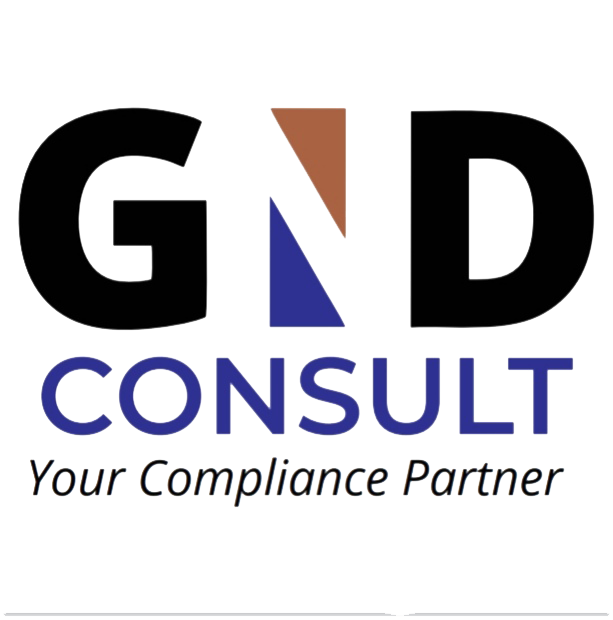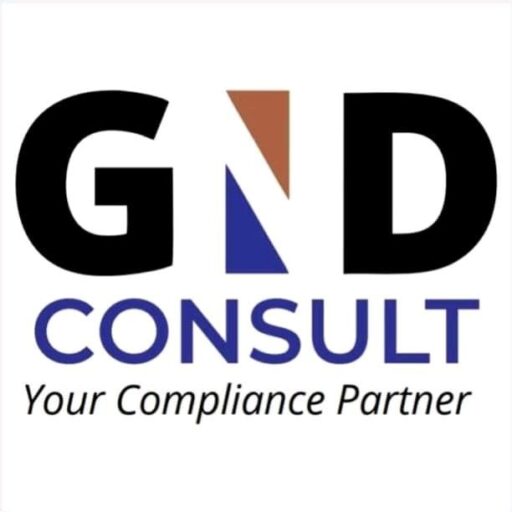POST REGISTRATION COMPLIANCE
Contact us now to get a quote....
Call/ Text/ Whatsapp us on:
+254 702 001 770
After registering a nonprofit organization in Kenya, there are several post-registration compliance requirements that need to be addressed to ensure legal and regulatory compliance. Post-registration compliance is a statutory requirement for all registered NPOs for smooth running and in alignment with the government regulations.
The specific requirements can vary based on the jurisdiction and GND Consult will ensure that the following post-registration compliance procedures are followed to the letter and your compliance as an Organization is up to date:
- Annual Returns:
- Nonprofit organizations in Kenya are required to file annual returns with the relevant regulatory authorities. These returns typically include information about the organization’s activities, finances, and leadership.
- Financial Reporting:
- Prepare and submit annual financial statements to the relevant regulatory authorities. The financial statements should comply with the applicable accounting standards and provide a transparent overview of the organization’s financial position.
- Audited Accounts:
- Depending on the size and nature of the nonprofit, there may be a requirement to have annual financial statements audited by a registered auditor. This is often mandatory for larger organizations.
- AGM (Annual General Meeting):
- Hold an Annual General Meeting as required by the organization’s constitution or bylaws. During the AGM, members discuss the organization’s progress, financial matters, and any other pertinent issues.
- Changes in the organization:
- Report any changes in the organization’s leadership, such as the board of directors, officials or trustees, to the relevant regulatory authorities. Similarly, if there are changes to the organization’s constitution, bank accounts, address etc. these should be officially communicated.
- Tax Compliance:
- Ensure compliance with tax regulations. Non-profits may be eligible for tax exemptions, but they need to adhere to the requirements of the Kenyan Revenue Authority (KRA) to maintain their tax-exempt status.
- Operational Compliance:
- Comply with all laws and regulations that govern the specific activities of the organization. This includes any sector-specific regulations or guidelines that may apply.
- Reporting to Donors and Stakeholders:
- If the organization receives funding from donors, it should provide regular reports to donors in accordance with grant agreements. Transparency and accountability in reporting contribute to maintaining good relationships with stakeholders.
- Maintaining Records:
- Keep accurate and up-to-date records of the organization’s activities, financial transactions, and general operations. This includes minutes of meetings, membership records, and financial records.
- Monitoring and Evaluation:
- Implement a monitoring and evaluation system to assess the impact of the organization’s programs and projects. This information can be useful for both internal management and external reporting.
- Compliance with Specific Regulations:
- Depending on the nature of the non-profit’s activities, there may be specific regulations or guidelines that apply. For example, organizations working in health, education, or other specialized fields may need to adhere to additional sector-specific regulations.
- Renewal of Permits and Licenses:
- Ensure that all necessary permits and licenses are renewed as required by the relevant authorities. This includes any licenses for specific activities or projects undertaken by the organization.
Nonprofit organizations should be proactive in staying informed about any changes in regulations and compliance requirements to ensure ongoing adherence to the law. Regularly reviewing and updating internal policies and procedures can contribute to smooth post-registration compliance. Additionally, seeking legal advice or consulting with regulatory bodies can provide clarity on specific compliance requirements applicable to the organization.


